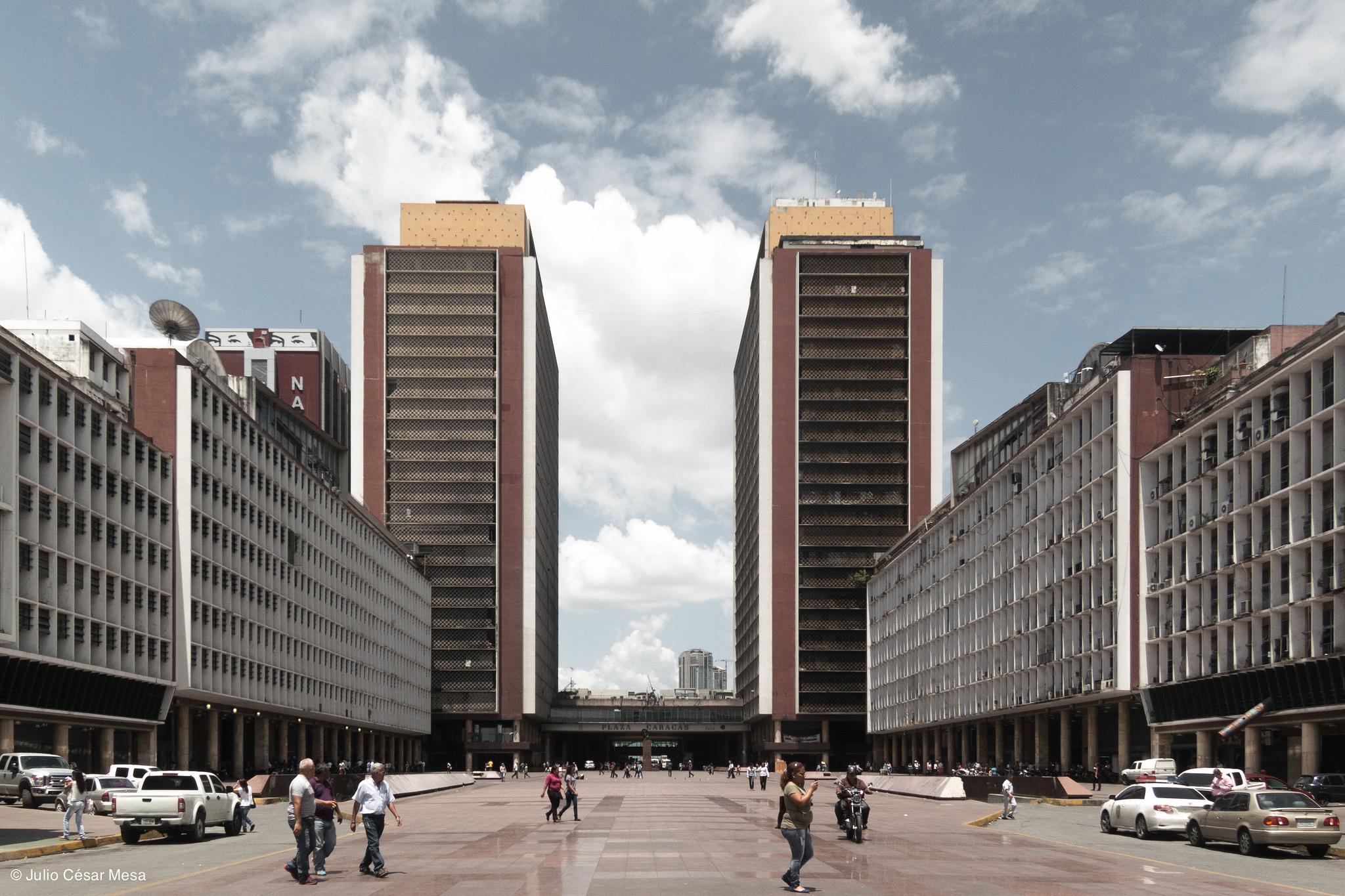 This last week has been a whirlwind of activity for KPS4Parents and its Learn & Grow Educational Series. While we were working with students and developing instructional content for children, the political and economic situation in Venezuela took an absolute turn for the worst.
This last week has been a whirlwind of activity for KPS4Parents and its Learn & Grow Educational Series. While we were working with students and developing instructional content for children, the political and economic situation in Venezuela took an absolute turn for the worst.
Venezuela is the first internet-connected population of hungry and starving people. Professionals living in high rise apartments with high speed internet are panicked over the absolute lack of food available in the country and desperately trying to figure out how they can grow their own food. Today is also Independence Day in the United States, so the concept of “independence” has been heavy on my mind in light of the situation in Venezuela.
Our Learn & Grow Educational Series was discovered by internet users in Venezuela just over a week ago and, once we realized we had an audience there, we started pushing Facebook ads in Venezuela promoting our gardening and food education program based on using self-watering containers made from recycled plastic buckets and inexpensive hardware. The response to our modest Facebook ad investment has been overwhelming and humbling.
The questions we’ve been getting have been about some of the most basic concepts of gardening, like how seeds work. This situation has made it frighteningly clear what the consequences are when people have not been educated about growing their own food. The thanks we’ve been receiving from grateful Facebook fans and website visitors has been very emotionally moving.
The problem, it appears, is that Venezuela was an oil-rich country for a very long time and the oil revenues subsidized the commercial food supply. People got away from growing their own food and relied on the grocery stores that were stocked with packaged foods, much of which was shipped in from outside the country. Then, the economy collapsed. Oil prices dropped and Venezuela was no longer generating the revenues it once did. The government couldn’t afford to subsidize the commercial food supply, so it stopped. And, now the stores are empty.
The Venezuelan government is now only in business for four mornings a week and the power is cut off for three hours each day everywhere but Caracas, the capital, to save money. Some people have resorted to attacking delivery trucks to steal their food cargoes. People with the money to do so have been grocery shopping on Amazon.com and having their food FedExed to them. The middle class and low-income households have not been so lucky.
Help us teach people everywhere how to grow food anywhere.
There has never been a hunger situation quite like this one and Learn & Grow is in the unique position to do something that helps put the power back into the hands of the people to feed themselves. Granted, if they start now, they’re going to still have some lean months ahead of them before their plants come to bear, but greens and carrots can be ready to pick in a couple of months, as can cucumbers and tomatoes, if started right now. Potatoes can be grown year-round, if the soil is kept warm enough during cool weather, as can onions.
People with small spaces available for growing can collaborate with neighbors in similar circumstances to create growing cooperatives. This may be a good solution for apartment and condominium dwellers, for example, who only have limited balcony space for each home, but collectively have many balconies on which many self-watering containers could be planted.
I sincerely hope that the people in Venezuela who are building their own container gardens are also teaching their neighbors how to do so, as well. Not everybody there is still internet-connected. As the economy continues to tank, I’m not sure how long anybody there will remain connected, so we’re doing our best to push our instructional content for building the self-watering containers and starting gardens while the connection remains.
Right now, the only aid we have any ability to deliver is internet-based instruction, which may not last much longer. This, too, is unprecedented. Rather than dropping food aid from American airplanes, we’re dropping Facebook ads that push our instructional content about how to grow food in front of the people who need it the most. We’re using targeted social media marketing to educate a starving population on a way to feed itself. We are acutely aware that this is no small thing. We are awestruck at finding ourselves in the middle of this situation. It’s serendipity, it seems.
I have to be honest. It was doomsday thinking along the lines of what is now happening in Venezuela that compelled me to create Learn & Grow when I was working on my graduate degree and had to create an educational product for a class. At the time, and those close to me will confirm I’ve said this more than once, my concern was that people in the United States were not worried about enough of the most important things when it comes to freedom. While the Constitution gives us the right to bear arms to protect ourselves from government take-over, the government doesn’t have enough gun-toting soldiers to kick in the door of every American home and take us over that way.
The only way to put every American at the business end of a gun is if Americans are turned on each other with the guns they have the right to bear, and the easiest way to do that is to cut off the commercial food supply. The next thing you know, BMW-driving suburbanites are shooting each other in the streets over cans of creamed corn; hypothetically speaking, anyway. This was my fear, so I created Learn & Grow to teach kids how to grow their own food, then expanded the instruction to include families and communities once I realized how desperately the adult population needed the knowledge, as well.
So, now, here we now have Venezuela going through pretty much the very horror I was envisioning and I’m just heartbroken and mortified. There is no satisfaction in being right about something like the collapse of the commercial food supply in a developed country and the effects such a collapse has on a population. Desperation, if not savagery, has escalated in Venezuela. The crime is rampant. The law enforcement is grossly inadequate and without the resources to do much of anything.
This isn’t me being morbid about the future, anymore. This is reality for millions of people who didn’t see it coming and are now having to deal with the absence of a commercial food supply and nothing else immediately available to take its place.
This is also a severe wake-up call for the rest of the world. Dependence upon a commercial food supply is dangerous to the long-term survival of populations. Creating a dependence upon a commercial food supply gives those controlling the food supply control over the people.
Knowing basic survival skills is an important part of being a human being no matter how sophisticated our technology becomes and robbing people of that knowledge robs them of their independence. No entity should have that kind of control over entire populations of people. There is a significant lesson to be learned, here, and the rest of the world would do itself well to pay attention.
The preventive step is for people who are not already going through economic crises to start their own gardens of whatever type makes the most sense for them, our approach being just one of many. By learning to grow your own food now in whatever types of spaces you have available, you will be prepared should a crisis with the commercial food supply occur. Practice now when your mistakes won’t cost you as much and you can afford to take your time to experiment and figure things out. Learning how to grow your own food after your economy has already collapsed and the stores are already empty makes getting it right the first time a matter of health, if not life.
I created Learn & Grow with the intention of prevention. I wanted to teach kids everywhere how to grow food anywhere so that they could one day survive a food crises, come what may. I never imagined that the time would so quickly come when Learn & Grow would become a means of survival for people in crisis. And, yet, here we are.
By teaching kids how to grow their own food, we equip our future leaders with the skills they need to feed themselves and future generations, and the wisdom to avoid repeating the mistakes of the past. The remarkable reality of the current situation in Venezuela is that we are able to do so much for so little money, but it’s still costing us money and we’re still a non-profit. We still need donation revenue to keep our non-profit activities going, and that includes the Facebook ad dollars that are getting this important information about how to grow food anywhere to people throughout Venezuela who can use it to feed their families.
There is still time to take advantage of the remaining contact we have through the internet to provide instruction on growing food to the people there, but we need to invest in additional resources in order to be as effective as possible. We are working on Spanish-language how-to materials and videos and will promote them via Facebook ads once they are done, but there are costs associated with this work and we need donations to help cover those costs. Please help us use the tools available to us to equip people in Venezuela with a way to grow their own food no matter where they live by donating to KPS4Parents.
By no means is Venezuela the only country where the Learn & Grow Educational Series stands to be an important part of hunger prevention and relief, but this is where we can be most impactful right now. Donation revenue is needed to expand the Learn & Grow Educational Series into a program that reaches into all the places in the world where it can do the most good. Please help us teach kids, families, and communities everywhere how to grow food anywhere. Thank you for your love and support!
Help us teach people everywhere how to grow food anywhere.

[…] I wrote about the recent developments in Venezuela and its current food shortage crisis. In response to the growing demand for information about growing food using our self-watering […]